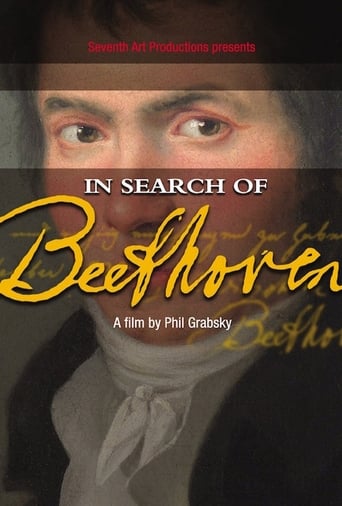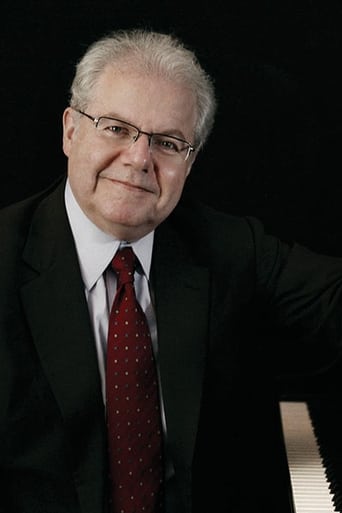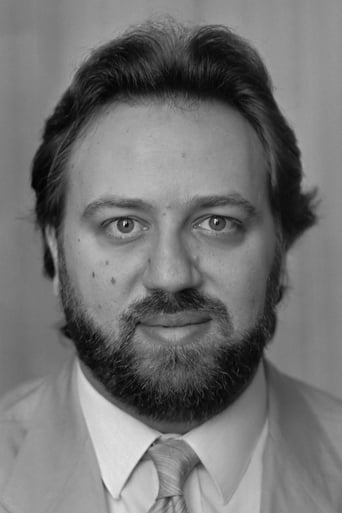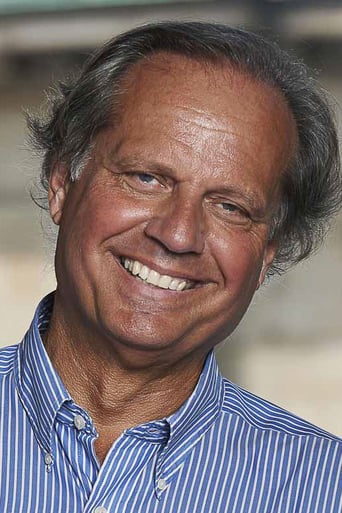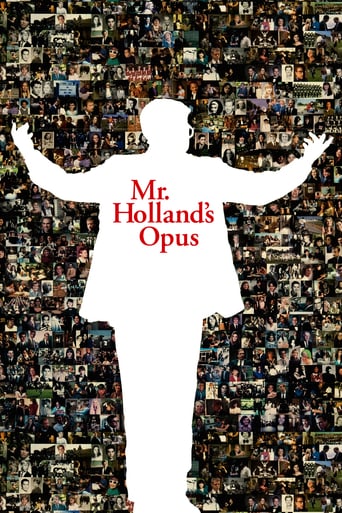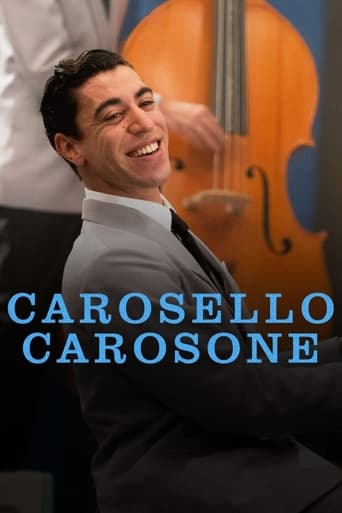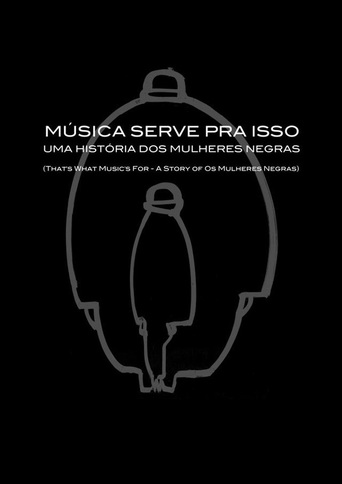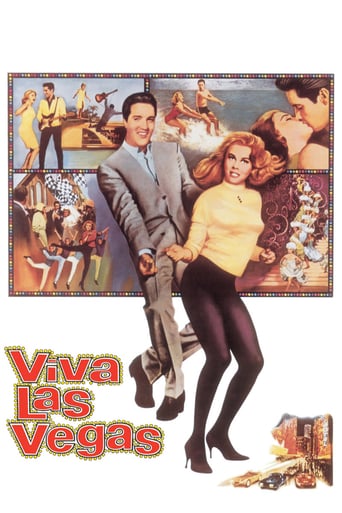In Search of Beethoven (2009)
In Search of Beethoven offers a comprehensive documentary about the life and works of the great composer. Over 65 performances by the world's finest musicians were recorded and 100 interviews conducted in the making of this beautifully crafted film. Eleven interviews are included in the Extras and Six complete movements.
Watch Trailer
Cast


Similar titles
Reviews
Excellent, Without a doubt!!
An Exercise In Nonsense
Very interesting film. Was caught on the premise when seeing the trailer but unsure as to what the outcome would be for the showing. As it turns out, it was a very good film.
Excellent and certainly provocative... If nothing else, the film is a real conversation starter.
For anyone who has a passion for classical music,and especially for the music of Ludwig Van Beethoven,this film is for you. Director Phil Grabsky,who previously traveled down this avenue before a few years ago with the ever so fine,'In Search Of Mozart',takes us on a journey to tell the tale of a man possessed by genius (but not without a price). Over a period of (nearly)two & a half hours,we see & hear elements of Beethoven's life told by a series of historians & musicians,such as Emanuel Ax,Julliet Stevenson & Lars Vogt,who tell the tale of a gifted,but tortured soul who lost his hearing at an early age,but persevered on to compose a legacy of music that still stands today,years after his death. Grabsky,in addition to directing this film,also photographed it (images have a painterly texture to them,at times). But over all,the music speaks for itself (we get to hear excerpts from several pieces). This film is highly recommended for viewing in music classes in schools (at the film's conclusion,there is information about purchasing DVD copies,with additional footage trimmed from the final release print for the time factor,as Grabsky's original directors cut clocks in at something like fourteen hours).Spoken (mostly) in English,and German & Italian with English subtitles. Not rated by the MPAA,but contains absolutely nothing offensive,what so ever. Perfect viewing for the whole family
In Search of Beethoven was metaphorically a personal search for the substance of a musical genius for which I knew only superficial facts. Diane and I both thought the film was superb in allowing the viewer into this man's life and did this search primarily through his music. When the credits rolled at the end it was possible to fleetingly see all the musicians involved in demonstrating the various musical pieces that provided the bulk of this remarkable film and there were many. There were many artists and many pieces of his musical opus and from this analysis even someone untrained in music, such as me, had demonstrated for them the complexity, playfulness and virtuosity that composed this man's decades of work. Although the film was essentially musically based, my eye was drawn to another film making element that was not auditory and that was the cinematography. I am sure that I am demonstrating my own lack of knowledge about how music playing is filmed but I was continually impressed with the Big Close Ups used throughout the film. For instance, if the particular piece being played used a violin then the camera would move in and focus on only the hand or if it were a piano piece then the camera would focus only on the hand at the keyboard. I found these big close ups very gripping in their intensity and illustrative of the composition being discussed. Any person with or without knowledge of music could hugely profit from two hours spent with this musical genius.
Philip Grabsky, whose film In Search of Mozart was one of the highlights of last years' Vancouver International Film Festival, has returned this year with an investigative study of the great 19th century German composer Ludvig Van Beethoven. The documentary, In Search of Beethoven, seen at a VIFF pre-screening, follows the same linear framework as the film about Mozart, sampling sequential compositions of the artist while interspersing the comments of performers, conductors, composers, and music historians such as Emanuel Ax, Hélène Grimaud, Louis Langrée, and Roger Norrington. Performed in the film are snippets of all of Beethoven's nine symphonies, five piano concertos, his only violin concerto, his opera Fidelio, several piano sonatas including the famous "Moonlight" sonata, and several sonatas for violin and piano, beautifully performed by seventeen orchestras, fourteen pianists, four cellists, six singers, and one string quartet. It is a veritable aesthetic feast.The 138-minute documentary (cut from fourteen hours) explores a unique individual who, while a transformative figure whose music was capable of evoking ecstatic emotions, was a dark, reclusive, and almost unfathomable individual whose cantankerous personality and battles with his growing deafness are legendary. Grabsky follows Beethoven's life from his birth in Bonn in 1750 as the son of a court musician to his adulthood in Vienna where he was quickly recognized as one of the city's most promising musical talents. Developing a reputation as a piano virtuoso, his performing abilities were in great demand yet he also began to be known as a drinker with a personality that could be surly.With the onset of deafness and a growing frustration with his inability to develop a satisfying and lasting relationship with a woman, Beethoven became depressed and even thought of suicide. In his Heiligenstadt Testament written in 1802 to his brothers Johann and Carl and discovered after his death, he declared that he rejected suicide only because he had to fulfill his destiny to share his music with the world. David Dawson from the Royal Shakespeare Company reads from Beethoven letters, some of which illuminate the composer's state of mind, explore the nature of his illnesses, and discuss his obsessive desire to gain custody of his nephew Karl. The film also mentions the composer's growing indifference to social conventions including the unkempt condition of his person and his general misanthropy, though attempts are made to put his personality problems into perspective.Unfortunately, however, the spiritual side of Beethoven's nature is left mostly unexplored. Although Grabsky does point out the ethereal nature of some of his later piano sonatas and string quartets, the connection is only tentatively made between his heroic struggle against the afflictions of his life, his ultimate acceptance of them as necessary to his creativity, and the sublime nature of his final works. I would have loved to hear Beethoven quoted in the film saying (as he does in the biography "Beethoven: His Spiritual Development" by J. W. N. Sullivan), "I must despise a world that does not know music is a higher revelation than all wisdom and philosophy, the wine which inspires one to new generative processes. I am the Bacchus who presses out this glorious wine for mankind and makes them spiritually drunken." In spite of its limitations, however, In Search of Beethoven takes us beyond the stereotypes of the dishevelled, out-of-control genius and the clichés of films like Immortal Beloved, providing a context to appreciate both the music and the man and the enormous revolution his genius engendered. Conductor Fabio Luisi of the Vienna Symphony Orchestra says it this way: "I have two impressions of Beethoven: a large brain and an equally large heart. These two elements often fight against each other, but frequently they love each other, too. There is so much love, so much empathy and ability to endure suffering. All this comes from his heart."
I saw this film at the start of last month at the Barbican London. Having been impressed the directors previous offering In Search of Mozart, I was looking forward to see what In Search of Beethoven had to offer. The film offers a great insight into the life of Beethoven taking into account social, historical and musical goings on of the time and how they shaped and influenced his life and music. The number of contributors that appear in the film is extraordinary, Ronald Brautigam, Helene Grimaud, Orchestraof the 18th Century, Endellion, Sir Roger Norrington to name a few and there must be at least over 50 pieces of music featured. Some have complained about the length of In Search of Beethoven, I would agree in some respects that it may have been a tad too long however I was engrossed in the film from start to finish. I wonder what the director Phil Grabsky will go In Search of next .

